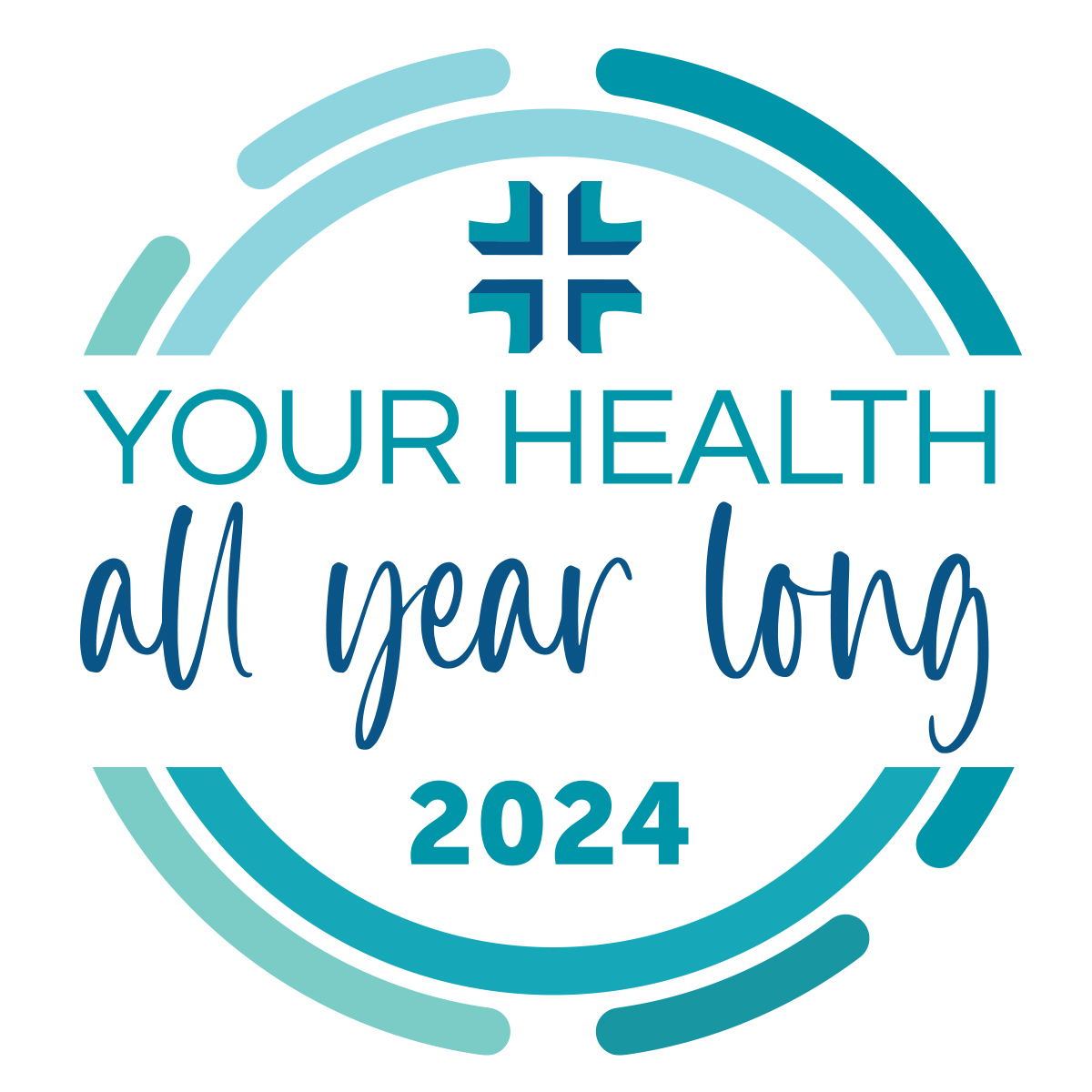January is Cervical Health Awareness Month, a time to discuss preventing cervical infections.
Cervical cancer is caused by a common virus called HPV (human papillomavirus). But here’s the amazing news: everyone age 9 and up can receive a vaccination that effectively prevents infection from the virus. That’s right—a simple immunization can keep you and your loved ones safe from cervical cancer.
If you or a family member are between the ages of 9 and 45, talk to your provider about HPV vaccination and screening. Every person who is fully HPV vaccinated before they are exposed to the HPV virus is a potential life saved. HPV-related cervical cancer and subsequent treatment can also cause cervical damage leading to miscarriage or preterm birth during pregnancy, so it’s important to be aware of all the consequences of HPV infection.
The Human Papillomavirus
HPV is often a silent killer. Most people infected with the virus never develop symptoms or noticeable health problems.
That’s one of the main reasons HPV is the most common sexually transmitted infection—people don’t know they have it, so they don’t take precautions to prevent spreading it. What’s more, the virus can lie dormant in the body for many years before causing problems.
According to the Centers for Disease Control and Prevention, HPV is so widespread that almost every sexually active person will get HPV at some point in their life if they don’t get vaccinated. HPV is spread primarily through sexual activity.
There are many strains of HPV, with the most dangerous strains causing cervical cancer
In 2024, we’re offering our popular Health Fair once each quarter! For just $25, you’ll receive seven essential blood tests (eight for men) that help you and your providers stay on top of your health.
Call 719-336-8363 to schedule your bloodwork for the month(s) of your choice: January, April, July and/or October!
The HPV Vaccine
Fortunately, the HPV vaccine, which first became available in the United States in 2006, has been shown to prevent more than 90% of HPV-related cancers. The vaccine is available at Prowers Medical Clinic and can be given along with other routine vaccines. Starting between the ages of 9 and 12, both girls and boys should be vaccinated, in two doses six to 12 months apart. While cervical cancer endangers women, men can develop HPV-related cancer, too. And men can spread the virus to their partners. Vaccinating children against HPV protects them for their entire lives, before they’re ever exposed. While it’s true that kids are generally not sexually active at age 9 or 10, they will be eventually. And when that moment arrives, they’ll already be safe from the most dangerous forms of HPV—as long as they’ve been vaccinated.
Cervical Health Screenings
Regardless of HPV vaccination status, women should begin having cervical exams and Pap smears at age 21. During a Pap test, your health care provider will collect a sample of cells from your cervix by gently scraping against it with a small tool. In the laboratory, a technician will examine the cells for precancer or cancer.
In addition, retrieved cervical cells can be examined for presence of the HPV virus. This is called an HPV test.
From ages 21 to 29, Pap smears are recommended every three years. From ages 30 to 65, Pap smears are recommended every three years, or every five years if you are getting both a Pap smear and an HPV test together. For women with abnormal Pap smear results, annual follow-up screenings are typically recommended.
 Skip to content
Skip to content






Leave A Comment